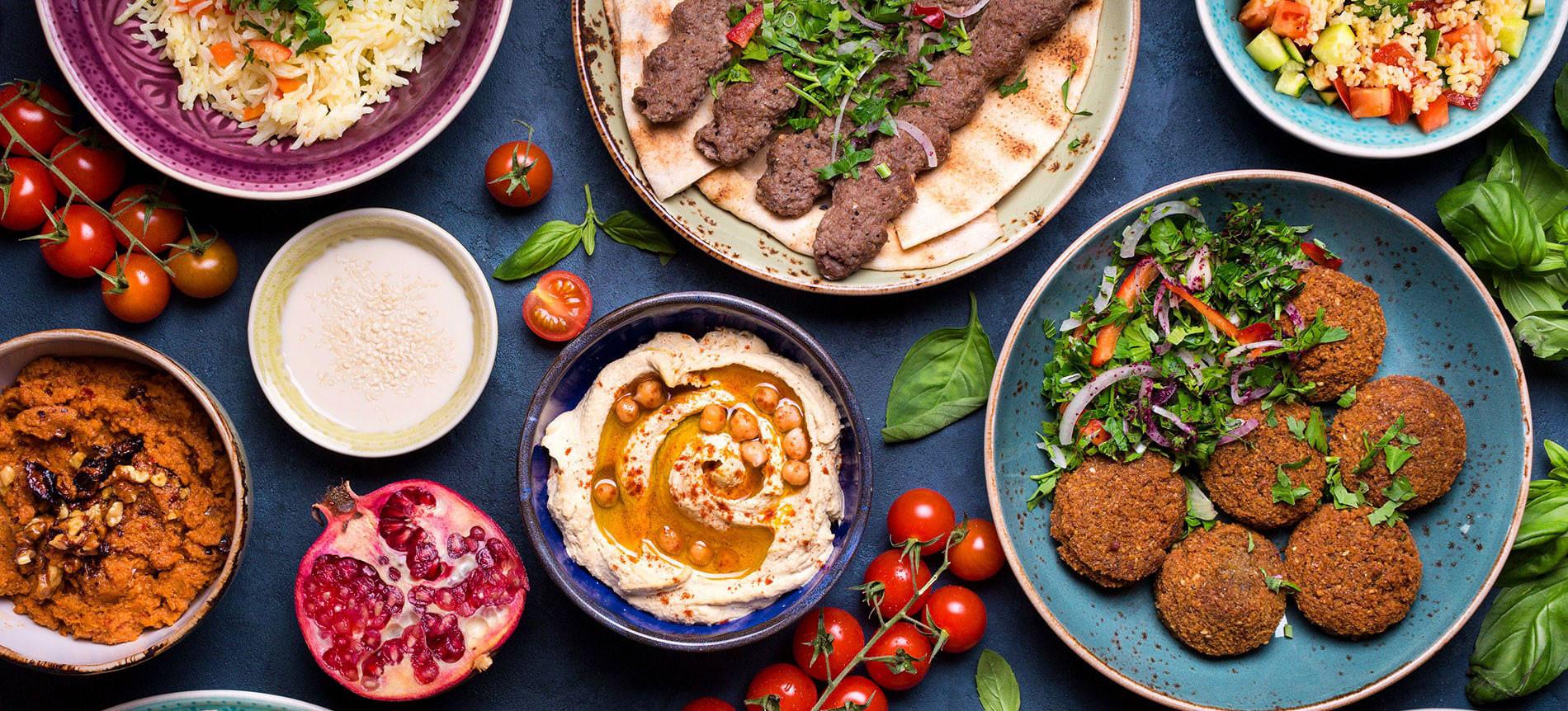The halal food market comprises products that align with Islamic dietary guidelines such as meat, beverages, snacks, bakery and confectionery items. Halal foods refer to foods that are permissible for consumption according to Islamic Sharia law. The demand for halal foods is increasing due to the steadily growing Muslim population across the world. The global halal food industry has witnessed a boom in food chains that offer halal certified products, as well as an increased availability of halal foods in supermarkets.
The Global halal food market is estimated to be valued at US$ 1143.01 Mn in 2024 and is expected to exhibit a CAGR of 6.9% over the forecast period 2024 to 2030.
Key Takeaways
Key players operating in the Halal Food market are Cargill Inc., Al Islami Foods, QL Resources Sdn Bhd, Haoyue Group, Kawan Food Berhad, BRF S.A., Saffron Road Food. Cargill Inc. is one of the leading players in the global halal food industry with a wide range of certified halal products including poultry, seasoned coatings and sauces.
The demand for halal food is growing rapidly due to the rising Muslim population globally as well as increasing preference for healthy and ethically sourced food among non-Muslim consumers. The Asia Pacific region dominates the global halal food market owing to large Muslim populations in countries such as Indonesia, Malaysia and Pakistan.
Major food chains and retailers are expanding their offerings of halal certified products to cater to the needs of Muslim consumers globally. Countries in the Middle East, Southeast Asia, and certain European countries are witnessing a rise in the number of halal restaurants and supermarkets.
Market Drivers
A key driver of the halal food market is the steadily increasing Muslim population worldwide. According to projections, the Muslim population will grow at a rate faster than the non-Muslim population in the coming decades. With growing Muslim communities, the demand for halal certified food products is expected to increase significantly. The large,untapped potential of the halal food industry is attracting more non-Muslim food companies to offer halal food items, thereby propelling market growth.
Impact of Geopolitical Situation on Halal Food Market Growth
The current geopolitical situation is affecting the growth of the halal food market in several ways. Political instability and conflicts in the Middle East region is disrupting supply chains and trade relations. This is hampering the export of halal certified products from countries like Turkey, Iran and Gulf nations to other Islamic markets. However, countries like Malaysia and Indonesia are strategically positioned to gain from this situation by enhancing their halal food exports. Meanwhile, ongoing Russia-Ukraine conflict and sanctions on Russia are impacting supply of key agricultural commodities like wheat and edible oils globally. This is translating to higher input costs for halal food producers and processors.
To sustain long term growth, Halal Food Market Demand will need to develop alternative sourcing strategies and diversify their supply base. Focus on local sourcing and investing in backward integration can help insulate themselves from geopolitical risks. Partnerships and contract farming models can be explored to enhance local supply chains. Companies also need to develop a wider international presence beyond Middle Eastern and Asian markets to offset risks from any particular region. Adopting fast evolving food technologies to improve efficiency and lower costs will be important while catering to price sensitive markets in Africa and others. Overall, geopolitical uncertainities warrant agile strategies from halal food firms.
Geographical Regions with Highest Halal Food Market Value
The Middle East region accounts for the largest share of value in the global halal food market currently. Countries with the largest Muslim populations like Saudi Arabia, United Arab Emirates, Turkey and Iran have well established demand and consumption patterns for certified halal food products since long. Their proximity to key hubs of halal food production and strong religious observance among consumers encourages higher per capita spends. Southeast Asian countries like Malaysia and Indonesia also capture significant market value owing to their strategic focus on halal standards and exports. Meanwhile, countries in South Asia and Africa with sizeable Muslim minorities are emerging as new high potential regions.
Fastest Growing Geographical Region in Halal Food Market
Africa provides most promising opportunities for future growth in the halal food industry. The continent has the highest rate of Muslim population growth globally and is expected to be home to over 1.3 billion followers of Islam by 2030. Factors like improving economic conditions, growing affinity for halal certified processed food and expanding modern retail are fueling demand uptick. Countries like Nigeria, Tanzania, Sudan and Ethiopia with large and young Muslim consumer bases present extensive untapped potential. Focus on infrastructure development, ease of doing business and successful branding initiatives can help accelerate penetration of global halal food players in African markets. This makes the African region the fastest expanding geographical area for the halal food industry in the coming years.
For more insights, read- https://www.insightprobing.com/halal-food-market-trends-size-and-share-analysis-2/
For more details on the report, Read- https://dailynewsmotion.weebly.com/report-blog/luxury-travel-market-is-estimated-to-witness-high-growth-owing-to-increased-adventurism
